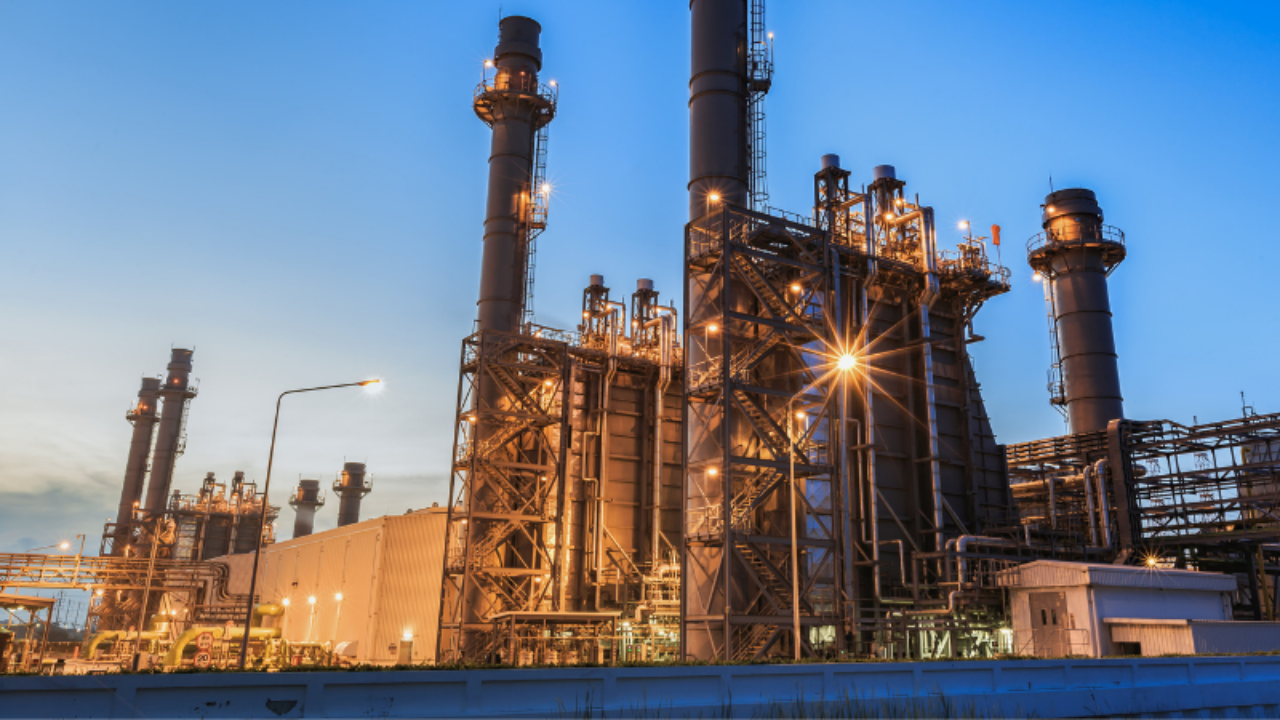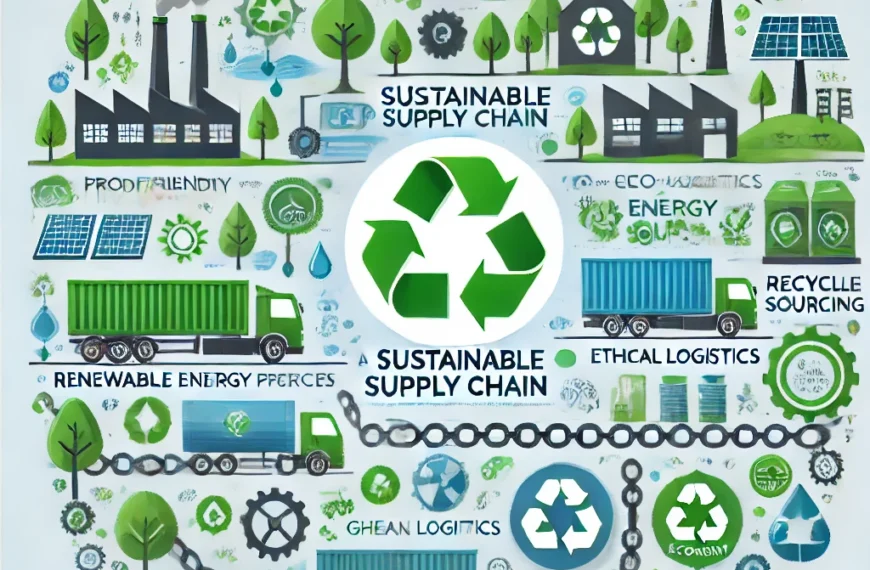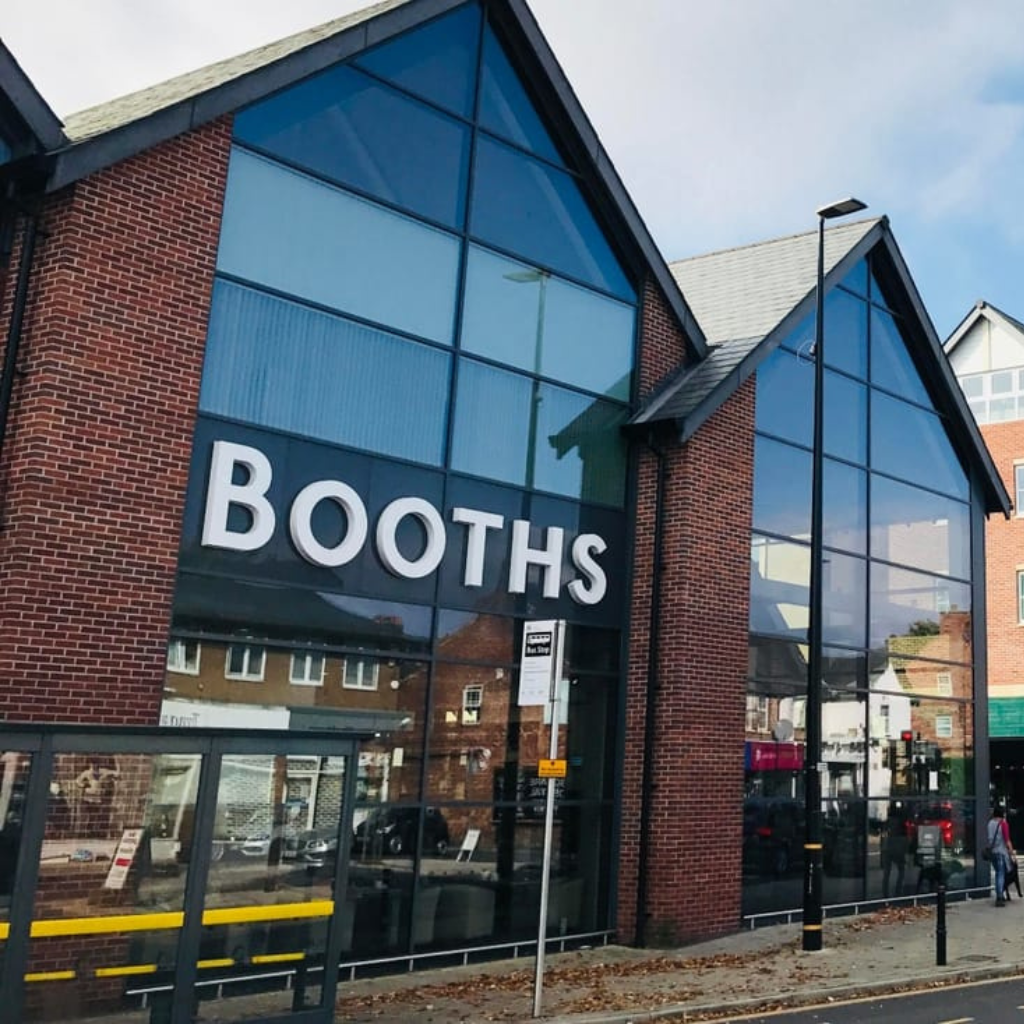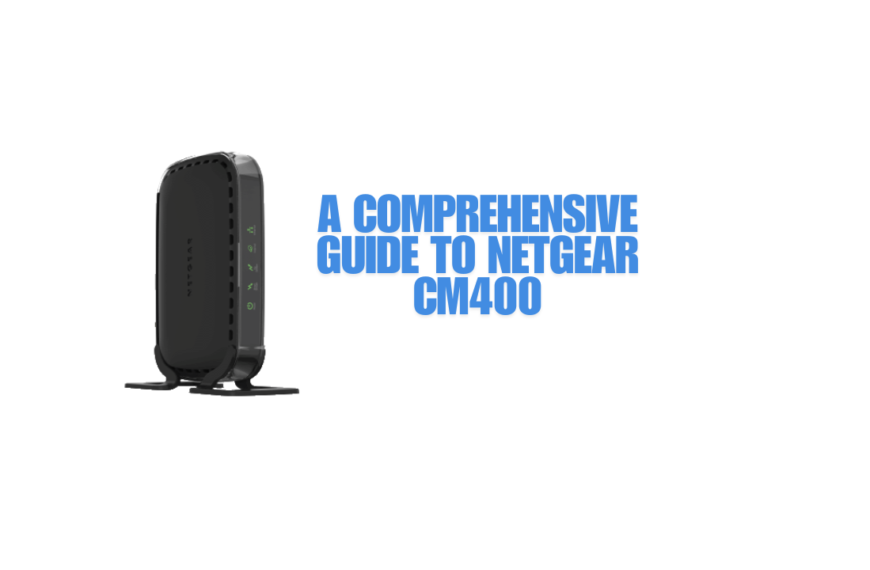Choosing the right gas plan for your small business may seem like a minor decision, but it can have a significant impact on both your finances and day-to-day operations. As a small business owner, you need to be mindful of how your energy costs affect your bottom line. Gas is often a key component of your business operations, whether you rely on it for heating, cooking, manufacturing, or powering certain equipment. Selecting the best gas plan can ensure that your business runs efficiently without unexpected spikes in costs.
Making an informed decision about your gas plan is essential because it directly influences both your short-term expenses and long-term financial stability. Gas prices can fluctuate due to market conditions, and the plan you choose will determine whether you benefit from predictable pricing or exposure to potential price hikes. The right plan offers more than just cost savings—it can also help you manage energy usage more efficiently, reduce waste, and enhance the sustainability of your business.
By taking the time to research and compare different gas plans, you can not only secure a plan that fits your budget but also gain flexibility for future growth. Whether you’re looking to stabilize costs, align with your sustainability goals, or find a plan that can adjust to your evolving needs, making an informed choice is a crucial first step toward optimizing your business operations.
Assessing Your Business’s Gas Needs
Before you dive into comparing gas plans, it’s important to understand your business’s specific gas requirements. Analyzing your gas consumption will help you select a plan that aligns with your needs, ensuring that you don’t overpay for energy you don’t use or underestimate your demand, which could lead to service interruptions or higher costs.
Analyzing Your Gas Consumption
Start by reviewing your recent gas bills to get a clear picture of your consumption patterns. These documents provide crucial information about how much gas your business uses on a monthly, quarterly, or yearly basis. By looking at the total amount consumed and comparing it across several months, you can begin to identify trends in your energy use. This step will give you insight into whether your consumption is stable or subject to fluctuations, and it can help you decide whether a fixed-rate or variable-rate plan would work best.
Identifying Usage Patterns (Seasonal vs. Consistent)
Next, consider the seasonal variation in your gas usage. For example, a café or restaurant might see higher gas usage in the colder months due to heating needs, while a factory could experience a more consistent demand year-round due to machinery that requires constant gas input. If your business relies on heating or cooling, your consumption might fluctuate significantly with the seasons. Understanding these patterns will help you determine whether you need a flexible plan that can accommodate high winter demands or a steady, consistent rate that reflects your usual usage.
Understanding Your Business’s Gas Load
Your gas load refers to the maximum amount of gas your business requires during peak periods. This is especially important for businesses that depend on heavy gas-powered equipment, such as industrial ovens, boilers, or manufacturing machines. These high-demand equipment pieces can significantly impact your gas needs at specific times of the day or during certain operational peaks. When assessing your gas load, consider not only the average daily use but also the periods of heavy consumption. You’ll want a gas plan that can handle your peak load without causing price spikes or supply issues.
High-Demand Equipment and Peak Periods
Some businesses require gas to power equipment that consumes large quantities of energy at specific times. For example, a bakery may have high gas usage early in the morning when ovens are running, while a restaurant might use more gas during lunchtime or dinner hours. It’s essential to identify these peak periods to ensure that your gas plan is tailored to cover your business’s highest consumption times. A plan that offers flexibility in pricing during high-demand periods can help you avoid overpaying for energy during these crucial operational windows.
Anticipating Future Gas Requirements
While it’s important to assess your current gas consumption, you should also think ahead. Consider any potential changes to your business that could impact your energy usage. Are you planning to expand your operations, add new equipment, or move to a larger location? These changes could increase your gas needs, so it’s wise to choose a plan that accommodates growth. Some gas suppliers offer flexible contracts or scaling options, allowing you to adjust your plan as your needs evolve.
Potential Business Growth and Expansion
If you anticipate growth in your business—whether through increasing customer demand, additional employees, or new equipment—you should select a gas plan that can scale with you. Some plans have provisions for business expansion, such as accommodating higher gas usage during peak seasons or offering contract terms that can be adjusted. By forecasting your future gas consumption, you can avoid the hassle and cost of switching plans down the road. Planning for growth from the outset ensures that your gas needs are met, even as your business evolves.
Types of Gas Plans
When selecting a gas plan for your small business, it’s essential to understand the different types of plans available. Each plan offers unique benefits and caters to specific needs based on your business’s size, energy consumption, and risk tolerance. Below, we break down the most common gas plan types to help you make an informed decision.
Fixed-Rate Plans
Benefits of Price Stability and Predictability
A fixed-rate gas plan locks in your gas price for a set period—typically one to three years. This pricing structure provides a high level of predictability, making it easier for small business owners to manage their cash flow. With fixed rates, you won’t be affected by sudden market price spikes, which can be especially beneficial during volatile times when gas prices are prone to fluctuations. This stability means you can forecast your energy costs with confidence and avoid unpleasant surprises on your monthly bills.
Ideal Businesses and Scenarios for Fixed Rates
Fixed-rate plans are perfect for businesses that value consistency and predictability. If your business has steady energy consumption and you want to lock in lower rates, this plan is ideal. For example, retail shops, small offices, or cafes with relatively stable energy needs throughout the year will benefit from the fixed-rate model. Similarly, businesses operating with a tight budget or those with little flexibility in adjusting expenses may prefer the fixed rate’s predictable costs.
However, businesses with high seasonal fluctuations in energy use might need to weigh the benefits carefully, as fixed-rate plans could be less cost-effective during low-demand periods.
Variable-Rate Plans
Flexibility and the Risk of Fluctuating Prices
Variable-rate plans allow your gas prices to fluctuate according to market conditions. This means that your rates can change based on the cost of gas in the market, sometimes going up or down each month. While the idea of lower rates during periods of price decline can be attractive, the key disadvantage is the risk of prices rising sharply when market conditions tighten. As a result, businesses on variable-rate plans must be comfortable with price fluctuations and have a strategy for managing the associated risks.
Suitable Businesses That Can Absorb Price Variations
Variable-rate plans are suitable for businesses with flexible budgets and a tolerance for risk. Companies that have the ability to absorb price hikes—such as those with larger profit margins or those in industries where gas consumption is less predictable—may find this type of plan appealing. For instance, manufacturing businesses or larger companies with equipment that doesn’t rely on a consistent gas supply might be more comfortable managing the price swings. If your business can adjust operations or pass on costs to customers, a variable-rate plan could provide significant savings when market prices are lower.
Capped-Rate Plans
Balancing Price Protection with Savings Potential
Capped-rate plans offer the best of both worlds. These plans set a maximum price that you’ll pay for gas, regardless of how much market prices rise. However, unlike fixed-rate plans, capped-rate plans allow you to benefit from lower rates if the market price decreases. This gives your business the advantage of price protection during price spikes while still offering some flexibility to take advantage of lower prices when the market is favorable.
A Middle Ground for Businesses Looking for Some Stability
For businesses that want to balance price stability with the opportunity for savings, capped-rate plans are an excellent middle ground. These plans are particularly useful for businesses that face unpredictable gas consumption patterns but want to avoid the risk of dramatic price fluctuations. A small manufacturing company, for example, that uses gas intermittently but can’t afford the unpredictability of a variable-rate plan might find a capped-rate plan ideal. This structure allows businesses to plan for the worst (price increases) while still benefiting from lower rates during times when prices drop.
Green Gas Plans
Environmentally Friendly Options and Sustainability
Green gas plans provide businesses with gas that is sourced from renewable energy sources, such as biogas. These plans often come with a slightly higher price tag due to the premium associated with sourcing gas from sustainable sources. However, for businesses that prioritize sustainability and environmental responsibility, these plans can align with your brand’s values and make a positive contribution to reducing carbon footprints. Green gas plans often appeal to eco-conscious businesses looking to reduce their environmental impact without sacrificing the quality or reliability of their energy supply.
Considerations for Businesses Aiming to Align with Green Goals
If your business has made a commitment to sustainability or if your customers value environmentally friendly practices, green gas plans might be a natural choice. Restaurants, cafés, or retail businesses that promote eco-friendly practices often benefit from showcasing their green energy use as part of their branding strategy. Additionally, businesses that are looking to improve their environmental credentials or meet regulatory green energy goals can find green gas plans an essential part of their operations.
How to Compare and Shop for Gas Plans
Choosing the right gas plan for your small business requires more than just understanding your energy needs and the different plan types. The next step is to shop around and compare offers from different suppliers. By doing thorough research, obtaining multiple quotes, seeking expert advice, and carefully reviewing the fine print, you can ensure that you select a plan that not only meets your requirements but also provides the best value for your business. Here’s how you can navigate the process.
Researching Gas Suppliers
Evaluating Suppliers’ Reputation, Services, and Reliability
The first step in comparing gas plans is to evaluate the suppliers available in your area. You want to ensure that you’re partnering with a reliable company that provides excellent customer service and maintains a good reputation. Start by checking online reviews and ratings, which can give you an idea of how the supplier is perceived by other businesses and customers. Look for feedback on the supplier’s responsiveness to issues, their billing practices, and how they handle customer inquiries or disputes.
Additionally, check if the supplier offers any additional services such as online account management, energy-saving advice, or 24/7 customer support. Some suppliers also offer tools to help you track your gas usage and predict future costs, which can be especially helpful for businesses looking to manage their energy consumption more effectively. A good supplier should not only offer competitive pricing but also provide the support and services your business needs.
Obtaining and Comparing Quotes
Comparing Rates, Contract Terms, and Hidden Charges
Once you’ve narrowed down a list of suppliers, it’s time to request quotes. When comparing gas plans, don’t just focus on the per-unit rate of gas—be sure to evaluate the full cost structure of each quote. Some suppliers may offer attractive rates but include additional charges such as standing fees, exit fees, or delivery charges that can significantly increase your total bill.
Compare the contract terms closely to understand any penalties for early termination, renewal clauses, and the length of the contract. A cheaper initial rate may come with hidden charges or a long-term commitment that doesn’t suit your business. Some plans may even offer discounts or promotions for longer contracts or paying upfront. Make sure you understand the total cost over the life of the contract, not just the monthly or unit rate, as this will give you a better idea of the true cost of each plan.
Total Cost vs. Unit Rate
When comparing gas suppliers, it’s important to look at both the total cost of the plan and the per-unit rate of gas. The unit rate is the amount you pay for each unit of gas you use, while the total cost includes all associated charges over the contract term. For example, a supplier may offer a lower unit rate but higher standing charges, which could end up costing your business more in the long run. On the other hand, a supplier with a higher unit rate but lower additional fees may be a better option if your usage is more consistent.
By comparing both the unit rate and total cost, you can gain a better understanding of how the plan will fit into your budget and whether it offers value for money.
Seeking Expert Advice
Consulting Energy Brokers for Tailored Recommendations
If you’re feeling overwhelmed by the number of gas plans and suppliers to choose from, consulting an energy broker can be an excellent option. Energy brokers are experts who can help you navigate the complexities of gas plans by understanding your business’s needs and matching them with the best options available in the market. Brokers can provide you with tailored recommendations, help you compare different suppliers, and negotiate on your behalf to secure the most competitive rates.
An experienced broker can also offer insights into market trends and pricing strategies that you may not be aware of, ensuring that you make a well-informed decision. If you’re new to shopping for gas plans or if your business has unique requirements, working with a broker can save you time and effort, ensuring you get the best deal.
Reading the Fine Print
Reviewing Terms and Conditions
Before committing to a gas plan, it’s crucial to read the terms and conditions carefully. This section outlines the supplier’s policies on everything from billing to customer service. Make sure you understand how you will be billed, when payments are due, and any fees that may apply for late payments. If the supplier offers any value-added services (such as energy efficiency advice or equipment installation), confirm that these are included in the contract.
Understanding Renewal Clauses, Exit Fees, and Contract Flexibility
One of the most important elements to review in the fine print is the renewal clause. Some gas suppliers automatically renew your contract at the end of the term, sometimes at higher rates. Understanding how this process works will help you avoid any unpleasant surprises when the contract comes to an end.
Exit fees are another critical consideration. These fees apply if you decide to cancel your contract early, and they can sometimes be substantial. Be sure to ask about any penalties for early termination and whether you’ll have any flexibility if your business needs change. Additionally, check whether the contract allows for changes or updates as your gas needs evolve, ensuring that you have the flexibility to adapt if your business grows or your energy consumption patterns change.
Making Your Final Decision
When it comes to selecting the best gas plan for your small business, the final decision should be made with careful consideration of both your current needs and future goals. This process involves aligning the gas plan with your business’s financial situation, operational requirements, and long-term growth trajectory. Choosing the right plan is not just about immediate cost savings but also about optimizing your operations and securing a sustainable energy future for your business.
Aligning Your Gas Plan with Your Business’s Financial Goals and Growth
Choosing a gas plan that aligns with your business’s financial goals is essential for managing both short-term expenses and long-term sustainability. As you evaluate your options, consider how each plan fits into your broader financial strategy. A fixed-rate plan may offer predictable monthly costs, which is ideal for businesses that prioritize budget stability. On the other hand, a variable-rate plan could provide more flexibility if your business experiences fluctuations in gas consumption, but it comes with the risk of price increases.
It’s also important to think about your business’s future growth and how that might impact your energy needs. If you’re planning to expand or add new equipment that requires more gas, opting for a plan that allows for easy adjustments or scalability will help you avoid penalties or restrictive terms down the road. Look for contracts that offer flexibility, and consider how changes in your business size, hours of operation, or production needs could affect your consumption patterns.
Importance of Long-Term Savings and Operational Efficiency
In addition to financial alignment, the best gas plan should help drive long-term savings while improving operational efficiency. Consider the total cost of each plan over its duration, not just the initial savings. Fixed-rate plans can protect your business from the volatility of gas prices, offering stability and potential savings in the long run, especially if market prices rise. While green gas plans may come with a slightly higher price tag, they align with sustainability goals and can even lead to savings if they result in tax benefits or improve your brand’s appeal to eco-conscious customers.
Operational efficiency also plays a crucial role. Choosing a plan that aligns with your energy usage patterns and business processes can reduce waste and unnecessary energy consumption. Some suppliers offer energy audits or efficiency tips to help you optimize your usage. Integrating these services into your plan could not only help you save money but also reduce your carbon footprint and enhance your business’s reputation.
Read more: Improving Business Visibility with Shop Front Signs in London
Conclusion
Selecting the right gas plan for your small business is a decision that impacts your bottom line and overall efficiency. By carefully assessing your energy needs, comparing different plan types, and considering the long-term financial and operational goals of your business, you can make an informed choice that not only meets your immediate requirements but also supports sustainable growth.
Whether you opt for a fixed-rate plan for stability, a variable-rate plan for flexibility, or a green gas plan for environmental responsibility, the key is to align your gas plan with your financial goals and operational needs. Taking the time to compare suppliers, negotiate terms, and review the fine print will ensure that you make the best decision for your business’s future.















